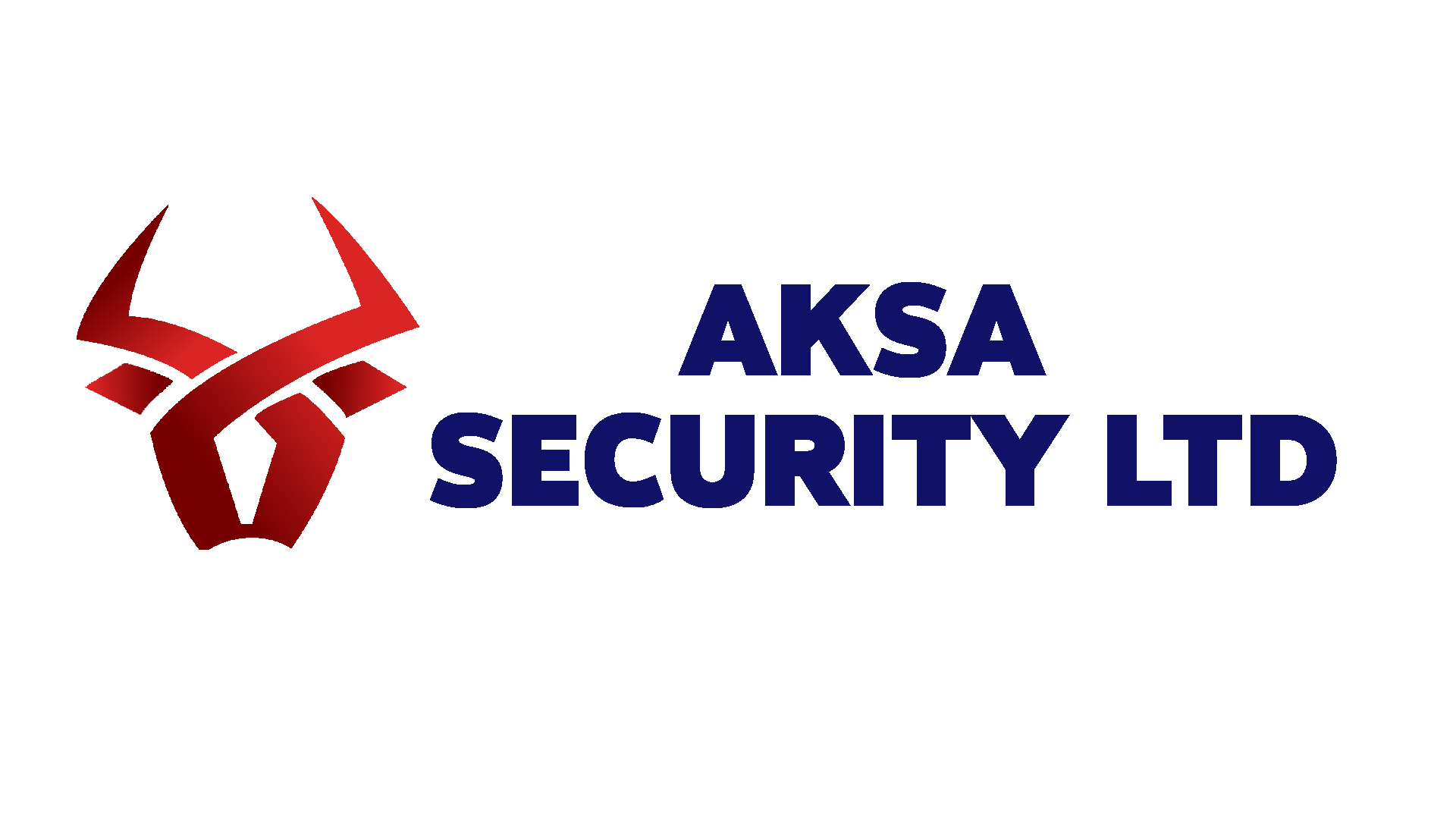CCTV in Office Environment
Get more than alarm – get peace of mind.
07881 457719
0800 233 5811
the importance of office security
criminal activities in office spaces
CCTV as a solution

Importance of CCTV in Office Security
In the realm of office security, CCTV systems are not just tools for surveillance, but vital components in the comprehensive security architecture of modern workplaces. This section examines the multifaceted role of CCTV in enhancing office security, focusing on its deterrent effect, its monitoring capabilities and its critical role in evidence gathering.
Deterrent to Criminal Activities
Monitoring Employee Activity and Enhancing Productivity
Monitoring Employee Activity and Enhancing Productivity
Perhaps the most tangible benefit of office CCTV is its role in gathering evidence following security incidents. High-quality video footage is invaluable when investigating theft, harassment and other crimes. It helps to accurately reconstruct events, identify perpetrators and provide irrefutable evidence that can be crucial in legal proceedings. As well as helping to resolve specific incidents, this aspect plays a key role in formulating long-term security strategies and policies.
CCTV systems in office environments are essential to a comprehensive security strategy. They act as both a shield and a sword – deterring potential security breaches, monitoring day-to-day activities to improve productivity and acting as an impartial witness in the event of a security incident. As technology evolves, so do the capabilities of CCTV systems, making them an even more integral part of the office security infrastructure.

Advantages of Installing CCTV in the Office
Enhanced Security and Remote Monitoring
Cost-Effectiveness and Scalability
Real-Time Alerts and Employee Safety
Data and Insights for Business Operations

Considerations Before Installing CCTV in Offices
Defining Surveillance Objectives
Determining Optimal Camera Locations
Choosing the Right Type of Camera
Ensuring High-Quality Imaging
Addressing Legal and Privacy Concerns
Regular Maintenance and Upgrades
FAQ’s on CCTV Installation in Offices
How many cameras are needed for effective surveillance?
The number of cameras required will depend on a number of factors including the size of the office, key areas of interest and specific surveillance objectives. A professional assessment is recommended to determine the optimum number and placement of cameras.
What is the recommended storage duration for CCTV footage?
The retention period may vary depending on legal requirements and company policy. In general, it’s a good idea to retain footage for at least 30 days to allow time to review any incidents.
Can CCTV footage be accessed remotely?
Modern CCTV systems often come with remote access capabilities, allowing authorised personnel to view live and recorded footage from anywhere using internet-connected devices.
What are the costs involved in installing a CCTV system?
The cost of a CCTV system varies depending on factors such as number of cameras, type of cameras, storage requirements and complexity of installation. It’s best to get a customised quote based on the specific needs of your office.
Are there legal restrictions on CCTV usage in offices?
Yes, there are legal restrictions on privacy, data protection and surveillance laws. Companies must comply with these laws, which may include informing employees about surveillance and ensuring that footage is used and stored appropriately.
How do I ensure the CCTV system is not intrusive to employee privacy?
Place cameras strategically in common areas and avoid private spaces such as toilets or cubicles. It’s also important to clearly communicate the purpose of the surveillance to employees.
How often should the CCTV system be maintained?
Regular maintenance, including checks and updates, is essential for the smooth operation of CCTV systems. The frequency of maintenance can be determined based on the complexity and usage of the system.
CCTV office installation – derbyshire, nottingham, sheffield

How to order our services?

Author: Adrian Sienkiewicz, Fire And Security Project Manager at AKSA Security
Adrian started his career as an IT Support Engineer but after a while, he moved into the security industry using his experience with IT systems. He started his first security job as a Fire and Security Engineer at ALX Security and then continued as a Fire and Security Project Manager at Bull Security.
During his career, he has worked for SECURIFIX, LASER BEAM and ZICAM GROUP as a Security Engineer, Technical Support and Operations Manager. Adrian has worked on security projects for companies such as DHL, Selco Building Warehouse and Eddie Stobart, installing anti-burglary systems, industrial surveillance and access control systems. He is working on a partnership basis with companies such as Avigilon, Motorola, Honeywell, Texecom, Hikvision, Hanwha, Dahua, Commtel, Paxton and BFT.
Adrian is a certified National Security Industry auditor.
